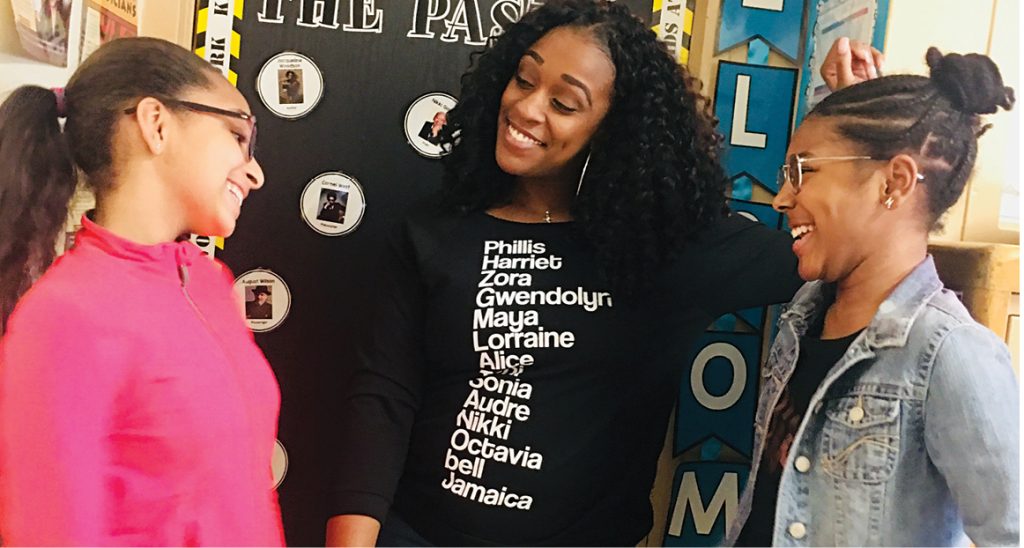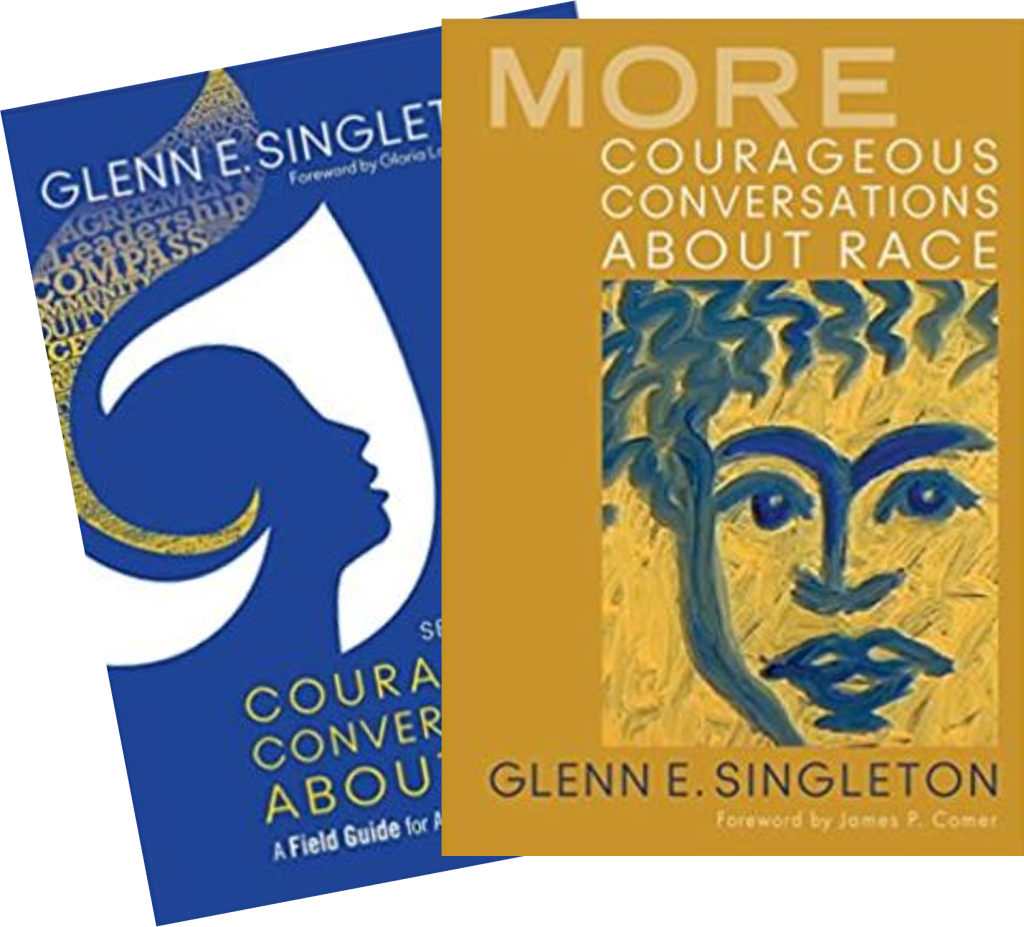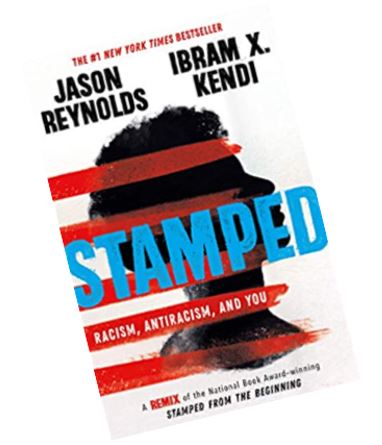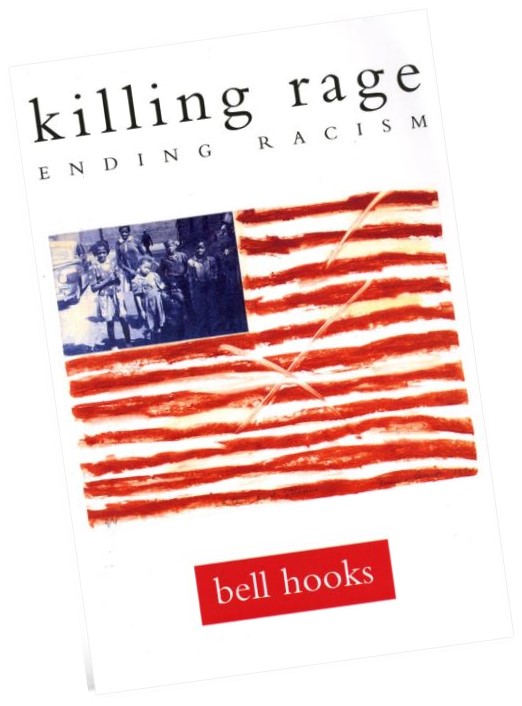2021 Maryland Teacher of the Year: “Teaching is a Revolutionary Act of Love”

Meet Brianna Ross, Maryland’s new Teacher of the Year and a Baltimore County middle school social studies teacher who also serves as her school’s equity liaison and department chair. ActionLine interviewed Brianna recently focusing on the issues of race and inequality and her perspective as a social studies and history teacher.

As a middle school teacher, what is your entry point for helping students have conversations about race, and inequality? What tools do you use to guide these conversations?
I’m a passionate believer that the most powerful tool that we have as educators is the ability to leverage our student voice. My first question is always, “What are you experiencing right now?” The best entry point for these conversations is their lived experiences.
After the murders of Ahmaud Arbery, Breonna Taylor, and George Floyd, my students were not only questioning the unjust nature of American policing but were concerned about how to navigate this world in Black and Brown bodies. We used Glenn Singleton’s Courageous Conversations About Race compass as a tool for having authentic and democratic discourse with one another. The conversations we had during this time were not always comfortable, but they were always necessary. They needed the opportunity to process what was happening in the world around them alongside their peers. Our students are seeking spaces where they can have honest and transparent dialogue that is identity-affirming, helps them understand one another, and allows them to dream of a more equitable and just world.
Have you seen students have visceral shifts in consciousness as they gain critical thinking skills to parse what they have seen and heard about our history and begin to understand more fully how bias and history have shaped it?
I have been very excited to support our 8th grade students as they read Ibram Kendi and Jason Reynolds’ Stamped. Analysis of this book has led to rich conversation in classrooms and has allowed our students to develop a more nuanced understanding of the American story.

As a history teacher, my primary concern is helping my students develop their critical consciousness. While I want them to have historical knowledge, it is imperative to me that they understand how to recognize inequality and possess the skills to combat it. Doing this work means that we offer opportunities for our students to understand how people of color have often been denied the right to justice, liberty, and dignity in our country. We are responsible for ensuring that the next generation of leaders have the skills to maintain and uphold humanity and democracy. That starts with telling them the truth.
As Teacher of the Year, what is the message you hope to share and the kind of engagement you hope to see among fellow educators?

As the 2022 Maryland Teacher of the Year, my message is that transformative teaching must be rooted in justice, love, and liberation.
Feminist author and social activist bell hooks suggested that teaching is an act of love. For our children of color, love is an imperative. Loving them means interrogating our own patterns of thinking and classroom practices to reveal the ways in which we unconsciously hold biases. Loving them means learning how to sustain the difficult conversations that uncover the injustices and inequities in education. Loving them means developing meaningful relationships and creating spaces where students can be their authentic selves. Loving them means reconditioning our thinking and reframing our narratives about who our children are and maximizing their potential for who they can be. For me, teaching is a revolutionary act of love.
As long as student success is inhibited by social, political, and economic barriers, education must be the disruptive force through teaching that seeks to eliminate disparity and cultivate equity. Teaching is the vehicle through which justice and humanity are restored for our communities. For far too long, we have allowed our students to fail because of an inability to create equitable and inclusive spaces where education is accessible for everyone. For far too long, we have allowed oppressive and discriminatory practices to pervade our pedagogy and guide our mental models. For far too long, our children have suffered as victims of the very system that is supposed to uplift them. Enough is enough. There is no more time to waste.

